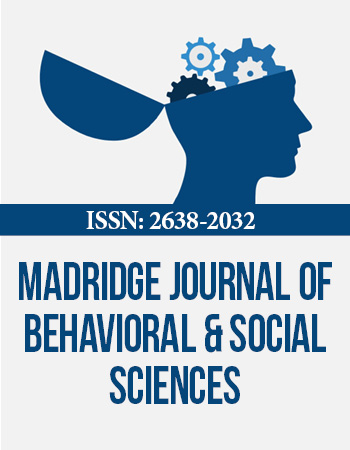International Conference on Alzheimerʼs Disease & Associated Disorders
May 7-9, 2018 Rome, Italy
“FDA-Approved Drug ITB Regulates LPS-Induced Neuroinflammation through AKT/STAT3 Signaling Pathways”
Korea Brain Research Institute, Republic of Korea
Neuroinflammation plays a key role in its pathogenesis with the activation of microglia and the secretion of proinflammatory cytokines causing neurodegenerative disorders. As an FDA-approved drug, small molecule ITB is an effective targeted therapy for patients with chronic lymphocytic leukemia (CLL) that inhibits Brutonʼs tyrosine kinase (BTK), a kinase involved in B cell receptor signaling. However, it remains unknown whether ITB can regulates neuroinflammation. Thus, we examined the effects of ITB on LPS-mediated neuroinflammatory response in BV-2 microglial cells and found that ITB reduced LPS-induced pro-inflammatory cytokine levels. In addition, ITB suppressed LPS-mediated pro-inflammatory cytokine levels by inhibiting Toll-like receptor 4 (TLR4) receptor. ITB significantly decreased LPS-induced p-AKT levels and treatment with AKT inhibitor, ITB, and LPS further reduced pro-inflammatory cytokine levels in comparison with treatment with AKT inhibitor and LPS. These data suggest that ITB modulates LPS-induced proinflammatory cytokine levels via AKT signaling. Moreover, ITB significantly reduced LPS-mediated transcription factor STAT3 translocation to the nucleus. These results demonstrate that ITB attenuate LPS-induced neuroinflamatory response by inhibiting AKT and STAT3 signaling pathways.
Biography:
Dr. Hyang-Sook Hoeʼs research is focused on the role of APP and its binding synaptic proteins in the neuronal and synaptic damage that occurs with select neurodegenerative diseases of the central nervous system (CNS). In addition, his laboratory is focus on develop the potential drugs for Alzheimerʼs disease (AD). One novel strategy to overcome AD pathology is the use of small molecules to prevent aggregated Aβ from interacting with cellular components in harmful ways. In addition to this, we currently have 15 of these novel agents, which can act anti-inflammatory drug. To achieve our goals, he will continuously examine the effectiveness of Aβ targeting small chemicals and 15 of these novel agents as effective novel therapeutic strategy for AD.


